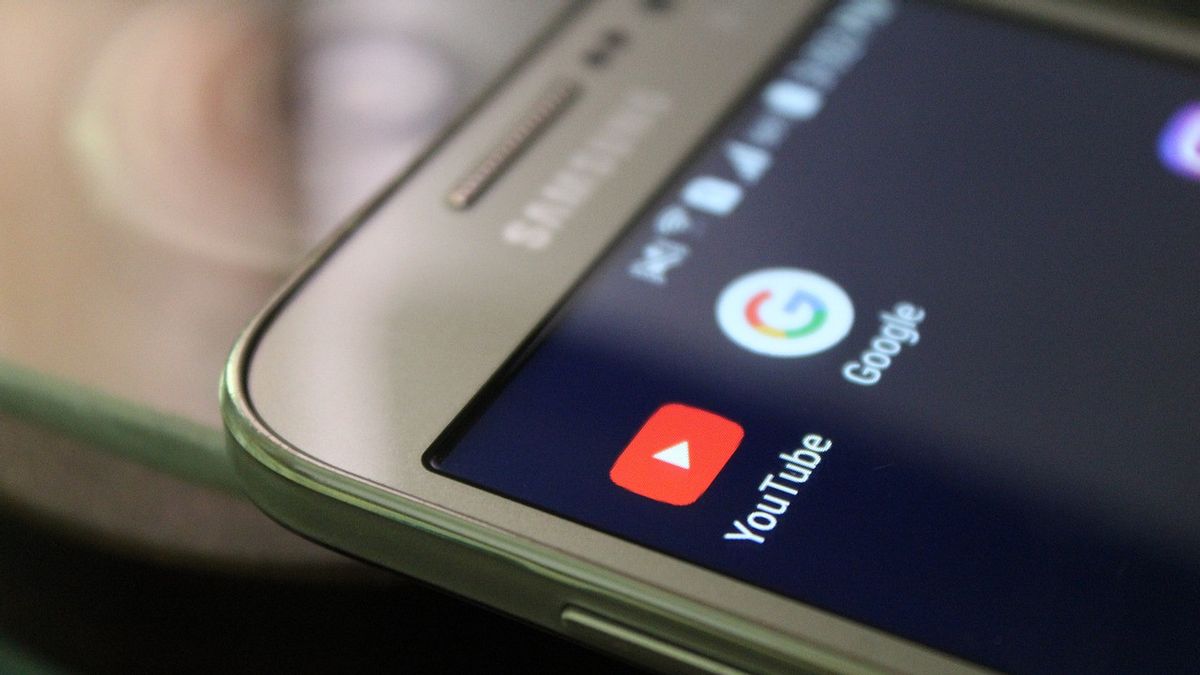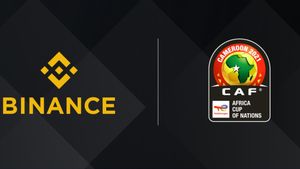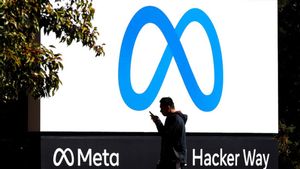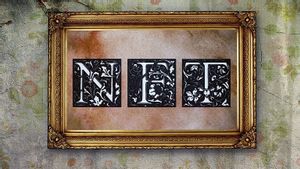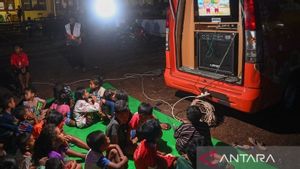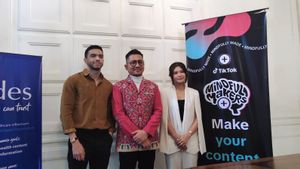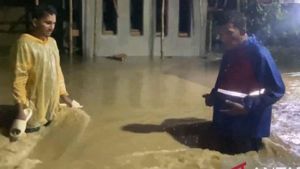JAKARTA - YouTube has once again received the title as a nesting platform for disinformation and misinformation around the world, including information on COVID-19. Therefore, more than 80 fact-check organizations around the world, want the company to create a new policy.
They urged YouTube to take action against the COVID-19 misinformation, which is still spreading on the platform today, two years after the pandemic.
“We monitor how lies are spreading online and every day, we see that YouTube is one of the main channels of online disinformation and misinformation worldwide. This is a significant concern among our global fact-checking community," the organization said in the letter.
The fact-checking organization from around the world has now signed a letter of urging to YouTube. The letter comes amid ongoing concerns about online misinformation, particularly in relation to elections and health claims.
They say health misinformation has long found fertile ground on the Google-owned video-sharing site, including content encouraging cancer patients to battle their condition with treatments that are not scientifically validated.
"In the past year, we've seen conspiracy groups thrive and collaborate across borders, including the International movement that started in Germany, jumped into Spain and spread throughout Latin America, all on YouTube," the organization wrote in the letter.
"Meanwhile, millions of other users are watching videos in Greek and Arabic encouraging them to boycott vaccinations or treat their COVID-19 infection with fake drugs."
On top of that, the organization is also providing a solution, asking YouTube to create much greater transparency around its misinformation and disinformation policies and support independent researchers who specialize in these issues.
SEE ALSO:
Not only have YouTube, Facebook, and Twitter first faced intense public scrutiny for the spread of misinformation on their platforms, YouTube often manages to go undetected.
Its recommendation algorithms have played an active role in promoting malicious claims in recent years, but because like TikTok, the platform is video and not text-based, it is generally more difficult for researchers to study.
For information, these fact-check organizations also include those based in the United States (US), such as PolitiFact, The Washington Post Fact Checker, and Poynter's MediaWise, in addition to Dubawa and Africa Check from Africa, Fact Crescendo and Factly India, and many other organizations from countries including Indonesia, Israel, and Turkey.
The English, Chinese, Japanese, Arabic, and French versions are automatically generated by the AI. So there may still be inaccuracies in translating, please always see Indonesian as our main language. (system supported by DigitalSiber.id)
